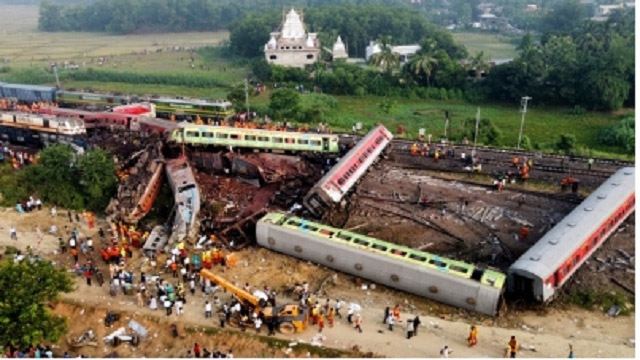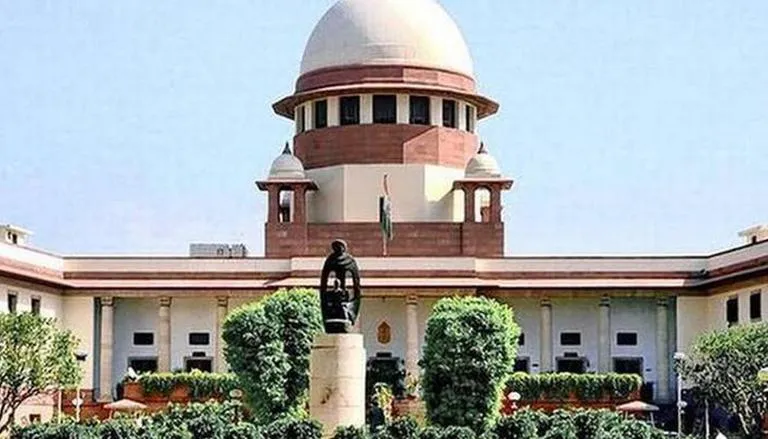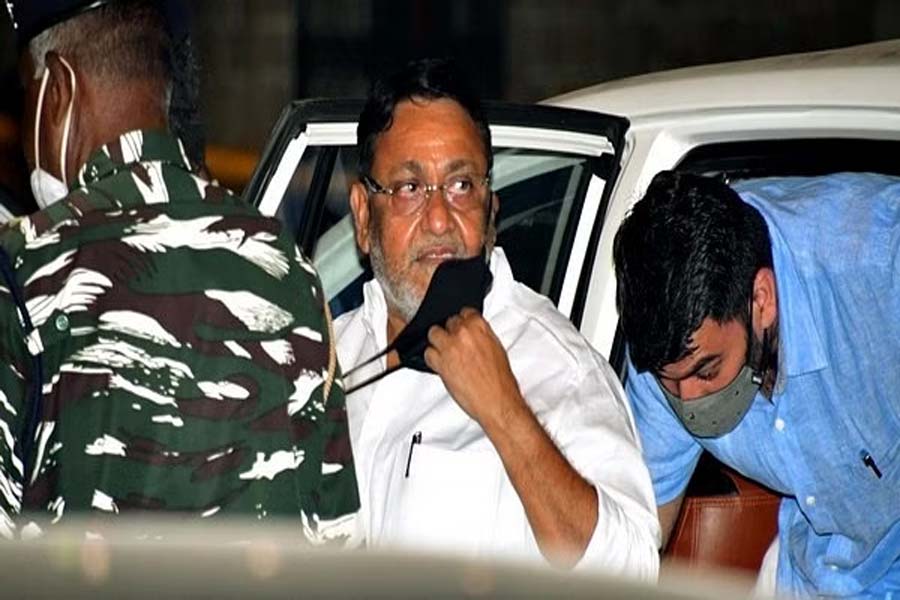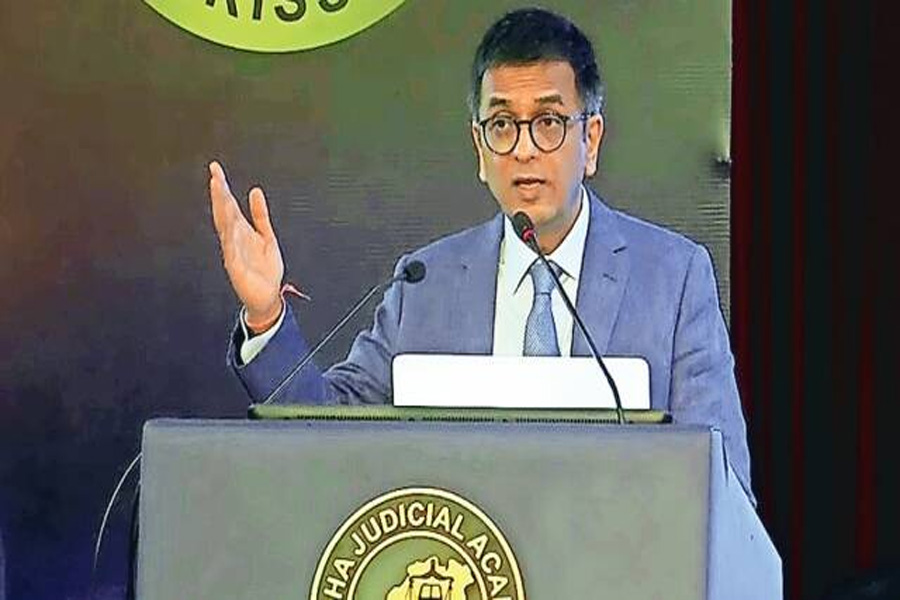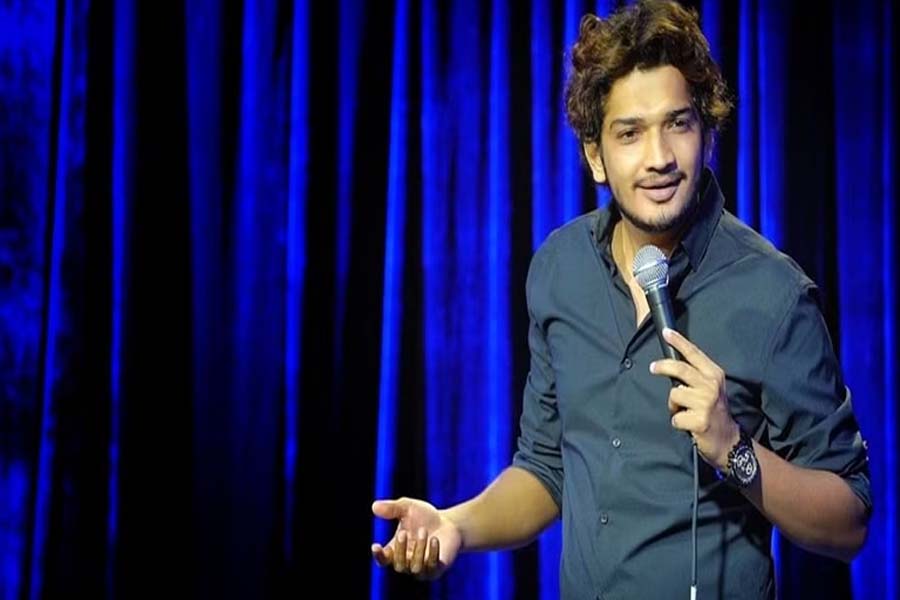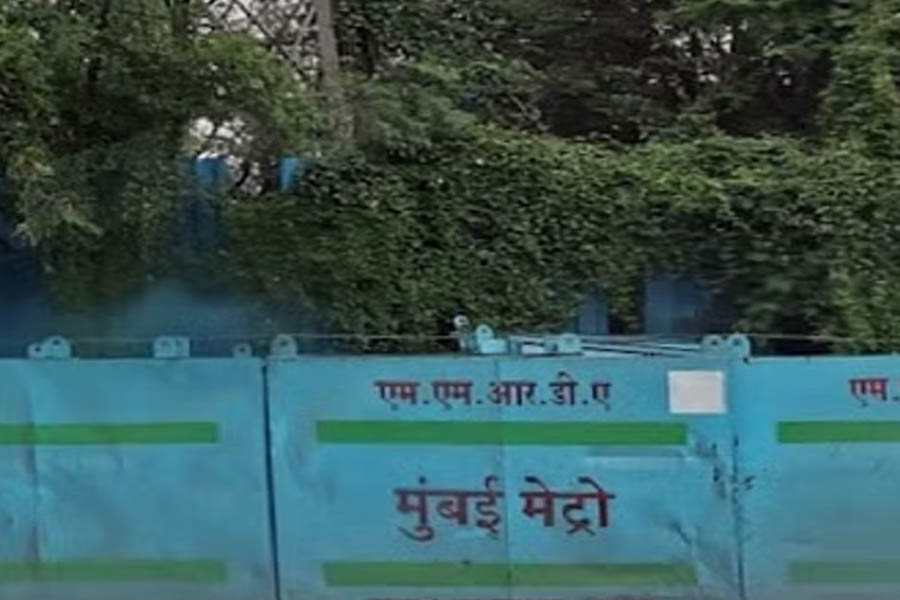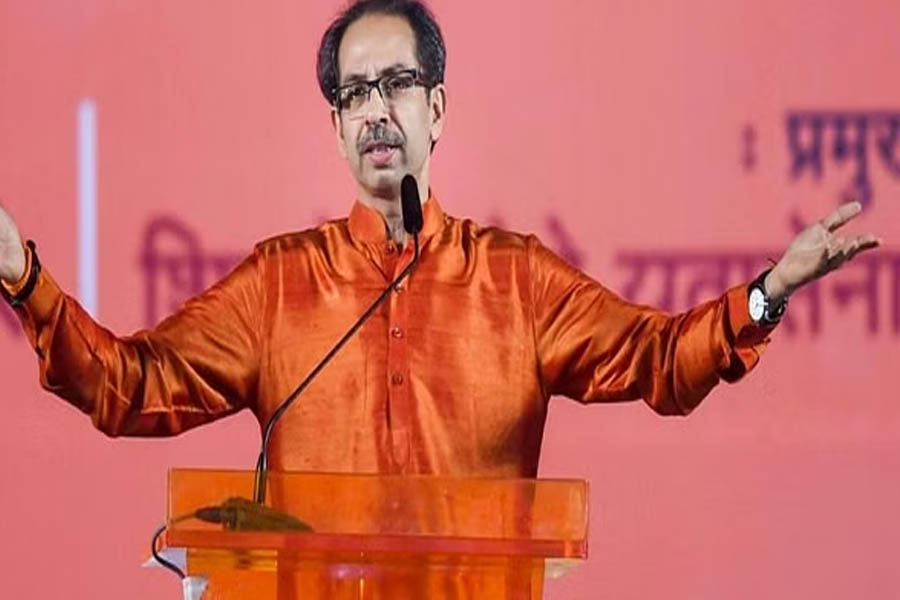By PTI
NEW DELHI: The Thackeray faction of the Shiv Sena made an impassioned plea before the Supreme Court on Thursday for setting aside then Maharashtra Governor B S Koshyari’s June 2022 order to Chief Minister Uddhav Thackeray to take a floor test, asserting democracy will be in danger if it is not overturned.
Senior lawyer Kapil Sibal, representing the Thackeray bloc, urged a five-judge constitution bench headed by Chief Justice D Y Chandrachud to rescind the order, a day after the apex court questioned Koshyari’s conduct in calling for a trust vote merely on the ground of differences between Shiv Sena MLAs.
It had said on Wednesday such action by the governor can topple an elected government and that the governor of a state cannot lend his office to effectuate a particular result.
Concluding his rejoinder arguments, Sibal told the bench, also comprising Justices MR Shah, Krishna Murari, Hima Kohli and PS Narasimha, it’s a moment in the history of this court when the future of democracy will be determined.
“I am absolutely certain that without the intervention of this court our democracy will be in danger because no elected government will be allowed to survive. It is with this hope I make this plea to this court to allow this petition and set aside the order (of floor test) of the governor,” Sibal said.
The apex court is hearing arguments on the events that unfolded during the June 2022 political crisis triggered by a revolt in the then undivided Shiv Sena by MLAs loyal to Eknath Shinde.
Sibal said if the Sena MLAs had lost their faith in the government, they could have voted against it in the House when a money bill was moved and reduced it to a minority.
His argument was in line with the views expressed by the bench on Wednesday when it recalled the Monsoon session of the assembly was about to commence at the relevant time.
The surest way to test its majority would have been when the government placed the supplementary demands before the House. If it had failed to get the money bill passed, it would have been out, it had said.
“It is not that the government cannot run in the minority. Former Prime Minister PV Narasimha Rao ran a minority government. There is no scope for the governor to recognise those (rebel) MLAs and call for the floor test. Here, what they want is to topple the government and become chief minister and deputy CMs and use the position of governor for that. I don’t want to say more, everything is in the public domain,” Sibal said.
“I have my political experience and lordships have their judicial experience, which is enough to understand this. I can say we have reduced ourselves to a level that we are mocked. People don’t believe us anymore,” Sibal said, making a fervent pitch for setting aside the governor’s order for a floor test.
Governors can only deal with alliances and political parties and not individuals, otherwise it will “create havoc”, the senior lawyer asserted.
“The governor based his decision on the claim made by the legislative majority of Shiv Sena. On what constitutional basis can the governor recognise a faction, whether minority or majority, to hold a floor test?” he said.
He said there is no space for factions when the governor has to appoint a chief minister.
“Now, if all of Shiv Sena had gone to the BJP, would the governor still have called for floor test. That’s the ‘Aaya Ram-Gaya Ram’ principle which we gave up long ago. It’s disastrous for democracy — the legislator has no identity other than being a representative of the political party,” Sibal, who was assisted by lawyer Amit Anant Tiwari, said.
“When we enter this court we are in a different aura, we come with hope, expectations. If you look at the history of civilizations, all injustices are based on power. You (top court) are the hope of 1.4 billion people and you cannot let democracy be destabilised in this callous, uncouth fashion,” he said.
During the hearing, Sibal also referred to Emergency imposed by Indira Gandhi. “There have been occasions like the ADM Jabalpur (1976 verdict) which is in dissonance with what this court has done over years. This is an equally significant case for our democracy to survive,” Sibal said.
The controversial 1976 judgment delivered by P N Bhagwati decreed during the emergency from 25 June 1975 to 21 March 1977, held that a person’s right to not be unlawfully detained (i.e.habeas corpus) can be suspended in the interest of the State.
A political crisis had erupted in Maharashtra after an open revolt in the Shiv Sena, and on June 29, 2022, the apex court refused to stay the Maharashtra governor’s direction to the 31-month-old MVA government to take a floor test in the assembly to prove its majority.
Sensing impending defeat, Uddhav Thackeray had resigned, paving the way for Eknath Shinde to become the chief minister.
In another blow to the Thackeray bloc, the Election Commission declared the Shinde faction as the real Shiv Sena on February 17 and allotted to it the original bow and arrow election symbol of the party founded by Balasaheb Thackeray.
On August 23, 2022, a three-judge bench of the top court headed by then chief justice N V Ramana had formulated several questions of law and referred to the five-judge bench petitions filed by the two Sena factions which raised several constitutional questions related to defection, merger and disqualification.
